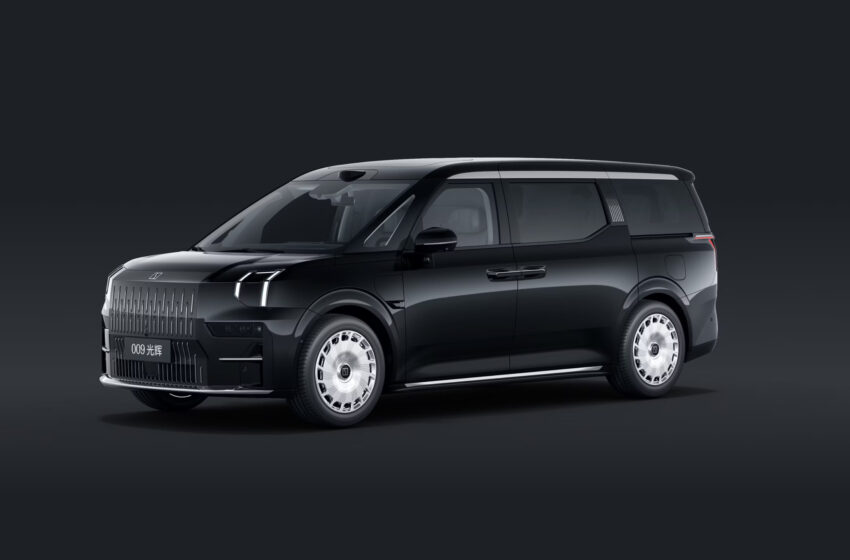
Chinese EV Maker Zeekr Report Record Breaking Sales in June
Chinese electric vehicle (EV) manufacturer Zeekr, a subsidiary of Geely, reported a record-breaking month in June, delivering 20,106 vehicles. This achievement brought Zeekr’s total deliveries for the first half of the year to 87,870 units, positioning it as the top US-listed Chinese company focused exclusively on pure electric cars.
This performance narrowly surpassed that of rival Nio, which delivered 87,426 vehicles in the same period. Despite a sluggish start to the year, Nio rebounded strongly, setting its own monthly record with 21,209 deliveries in June, according to a report published by ShareCafe.
On other hand, Xpeng trailed behind with 52,028 deliveries in the first six months of 2024, including 10,668 in June.
When accounting for hybrid vehicles, Li Auto emerged as the clear leader. The company delivered 47,774 vehicles in June, bringing its first-half total to 188,981. Li Auto’s vehicles, which feature a fuel tank to extend the battery’s range, continue to appeal to consumers concerned about range anxiety.
The competition among EV manufacturers is heating up, with Credit Suisse predicting a “price fight” between the US and Chinese companies. Despite Zeekr’s record deliveries, its shares fell 3.2% in the US trading overnight. In contrast, shares of Li Auto and Nio rose by over 6%, while Xpeng saw an increase of nearly 5.2%.
Huawei’s Aito brand, developed in collaboration with Seres, also had a strong showing, delivering 184,286 vehicles in the first half of the year. Xiaomi, known for its smartphones and home appliances, entered the EV market with its electric SU7, delivering over 10,000 cars in June and more than 25,000 since its launch in late March.
BYD Dominates
Meanwhile, BYD continued to dominate the new energy vehicle sector, delivering 1.6 million vehicles in the first half of the year, marking a 29% increase from the previous year, the report said.
The company’s plug-in hybrid cars saw faster growth, with a 39.5% increase compared to 17.7% for battery-only cars. This reflects the ongoing preference for hybrid vehicles among Chinese consumers.
Wan Gang, a key architect of China’s electric car strategy, recently stressed the need for improved battery charging processes. The demand for new energy vehicles in China has surged, accounting for 47% of all passenger cars sold in May, up from 32% at the beginning of the year, according to the China Passenger Car Association.
To stimulate consumption, China has introduced a trade-in policy to encourage new energy vehicle sales. Many companies have also reduced prices and introduced new models at the Beijing auto show, which concluded on May 5.
Meanwhile, global consultancy firm AlixPartners said that Chinese car brands will be a dominant force around the world, selling 9 million units outside China, for a 33% global share by end of this decade.
In its 21st edition of the AlixPartners Global Automotive Outlook Growth, the firm said that the growth will be built on cost advantages such as localised production strategies that will enable a build-where-you-sell strategy in non-China markets, and highly tech-enabled vehicles that meet evolving consumer preference for design and freshness.
















